The strained relationship between President Bola Tinubu and Rauf Aregbesola, former governor of Osun State, likely arose from a clash of interests and a desire for control. In his two terms as Lagos State governor, Tinubu appointed Aregbeshola as his commissioner for works, as well as tasked him with the responsibility of securing Alimosho local government area, – the largest local government area in Nigeria with it’s massive electoral vote count – for their party, the Alliance for Democracy (AD).
It all went well while it lasted. Then Aregbeshola went on to become the governor of Osun State, serving two terms, just like Tinubu did in Lagos. But insider reports had it that they were two jolly good partners – a mentor and a mentee. But the relationship went awry when Tinubu, as Aregbesola’s former mentor and supporter, imposed his preferred candidate as Aregbesola’s successor in Osun State.
Tinubu’s choice of Gboyega Oyetola – rumoured to be his blood relation – obviously, irked Aregbeshola, who perceived the imposition as Tinubu’s attempt to exert undue influence over Osun State’s politics. This could have led to Aregbesola feeling that his autonomy and authority as governor were being undermined, causing tension in their relationship.
Today, Aregbeshola is in the forefront as National Secretary of the Abubakar Atiku-led political alliance that is poised to wrest power from Tinubu, come the 2027 presidential election. The situation highlights the complexities of Nigerian politics, where patronage and power dynamics often play a significant role in shaping relationships between politicians.
The strained relationship between both men likely had several implications: The attempt by Tinubu to impose his preferred candidate as Aregbesola’s successor may have led to an inter-party power struggle within the Osun State, potentially weakening its overall structure and cohesion. No doubt, the rift between the two may have created divisions within the party, potentially leading to factionalism and conflicts that could impact the party’s performance in future elections. Today the state is under the control of the People’s Democratic Party, PDP.
The situation highlights the complexities of Nigerian politics, as the relationship between Tinubu and Aregbesola illustrates the importance of patronage and mentorship in Nigerian politics, where powerful politicians often support and sponsor others in their careers. A case in hand is Nyesom Wike and Sim Fubara in Rivers State.
While the situation between Tinubu and Aregbeshola was simply a case of successor, and did not degenerate into a crisis, unlike Wike and Fubara, Tinubu’s imposition of his preferred candidate as Aregbesola’s successor demonstrates the desire for power and control that often drives political decisions in Nigeria.
The dynamics at play in the relationship between Tinubu and Aregbesola are not unique to Nigerian politics, but they are particularly pronounced in the country’s context. The legacy of military rule, the importance of ethnic and regional identities, and the prevalence of patronage systems all contribute to the complex web of alliances and rivalries that shape Nigerian politics.
In this context, the relationship between Tinubu and Aregbesola serves as a prime example of the intricate power dynamics at play in Nigerian politics. The tension between the two politicians highlights the challenges of navigating the complex landscape of Nigerian politics, where personal relationships, party loyalty, and regional interests often intersect.
The strained relationship between Tinubu and Aregbesola offers valuable insights into the complexities of Nigerian politics. The implications of their rift, including power struggles, intra-party conflicts, and challenges to governance, demonstrate the high stakes involved in Nigerian politics. Understanding the dynamics at play in this relationship can provide a deeper appreciation for the intricacies of Nigerian politics and the challenges faced by politicians in the country.


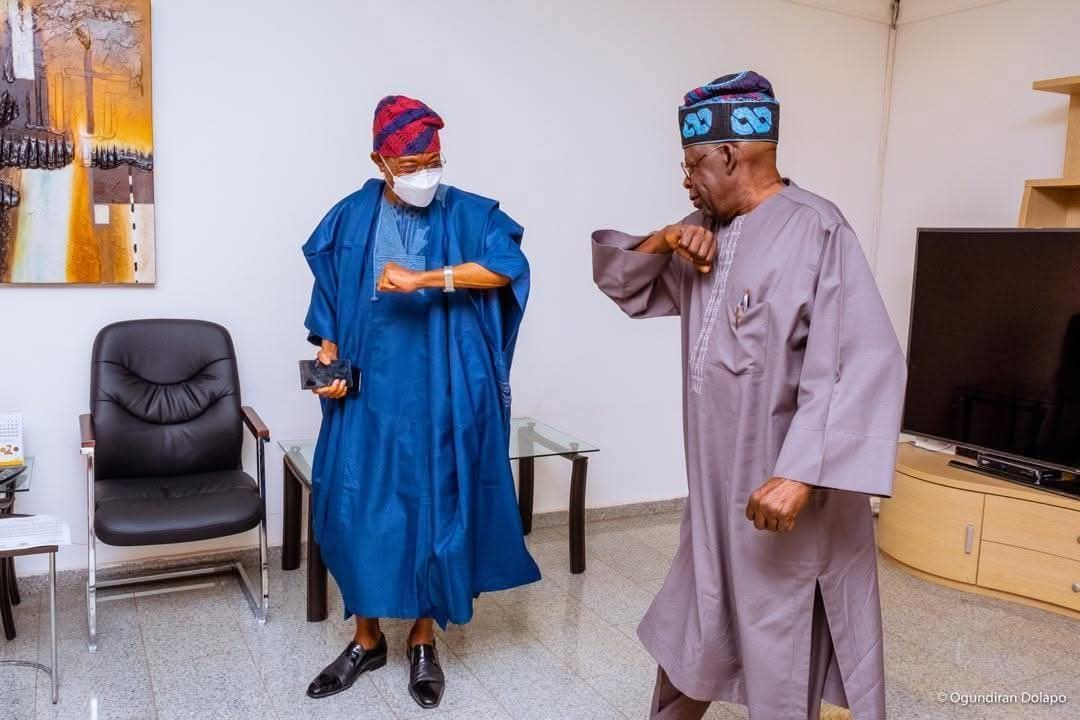

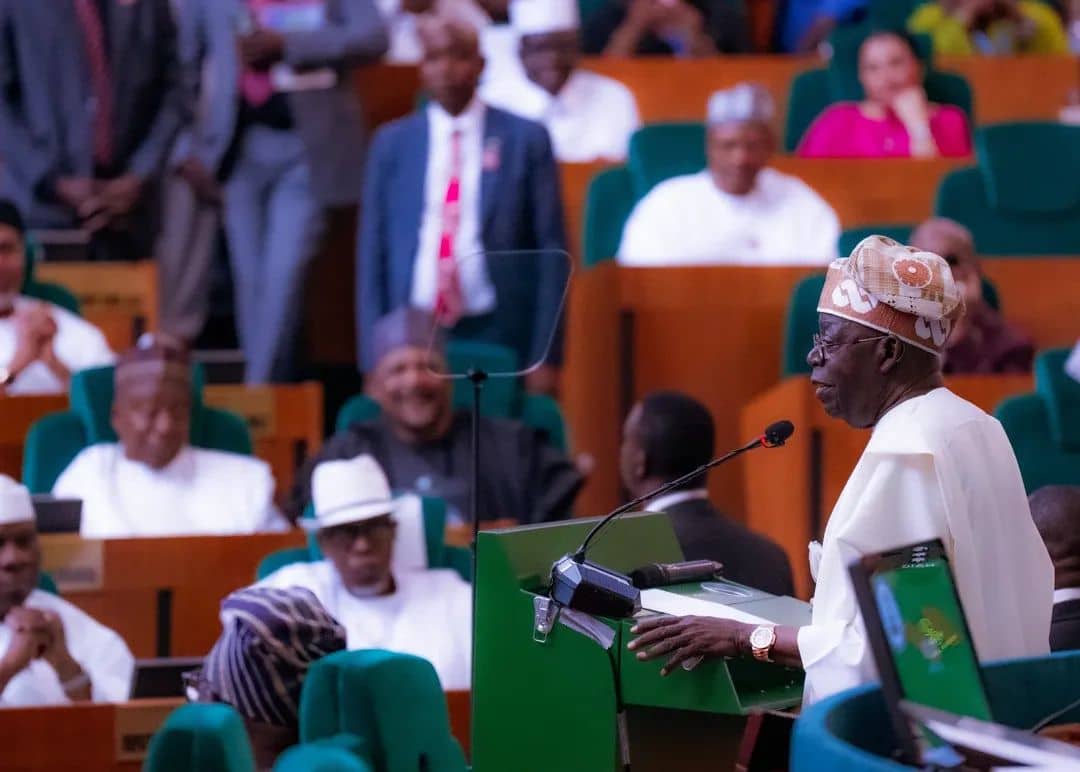



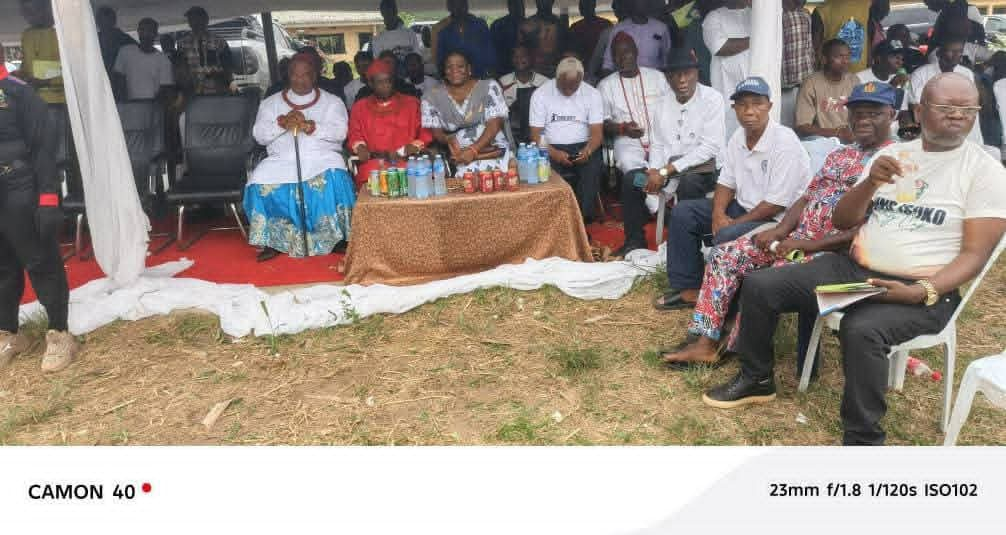
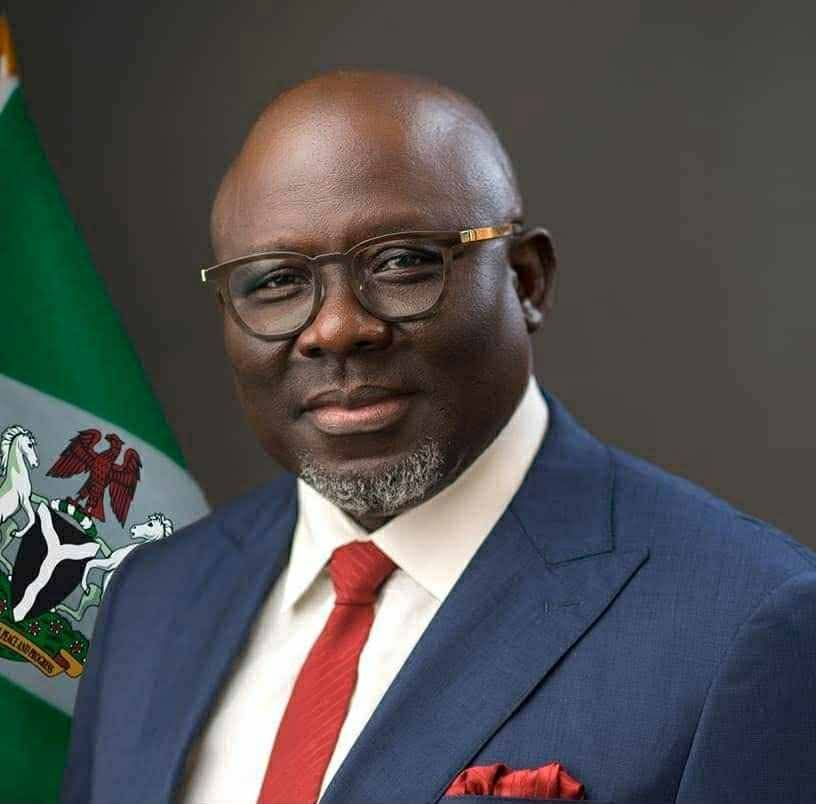

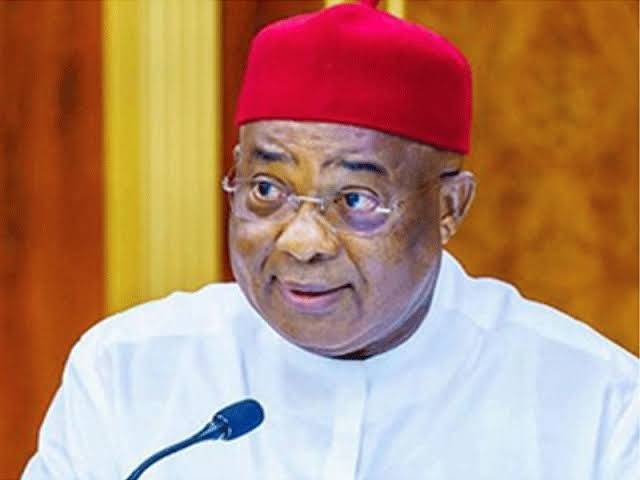

Leave a Reply